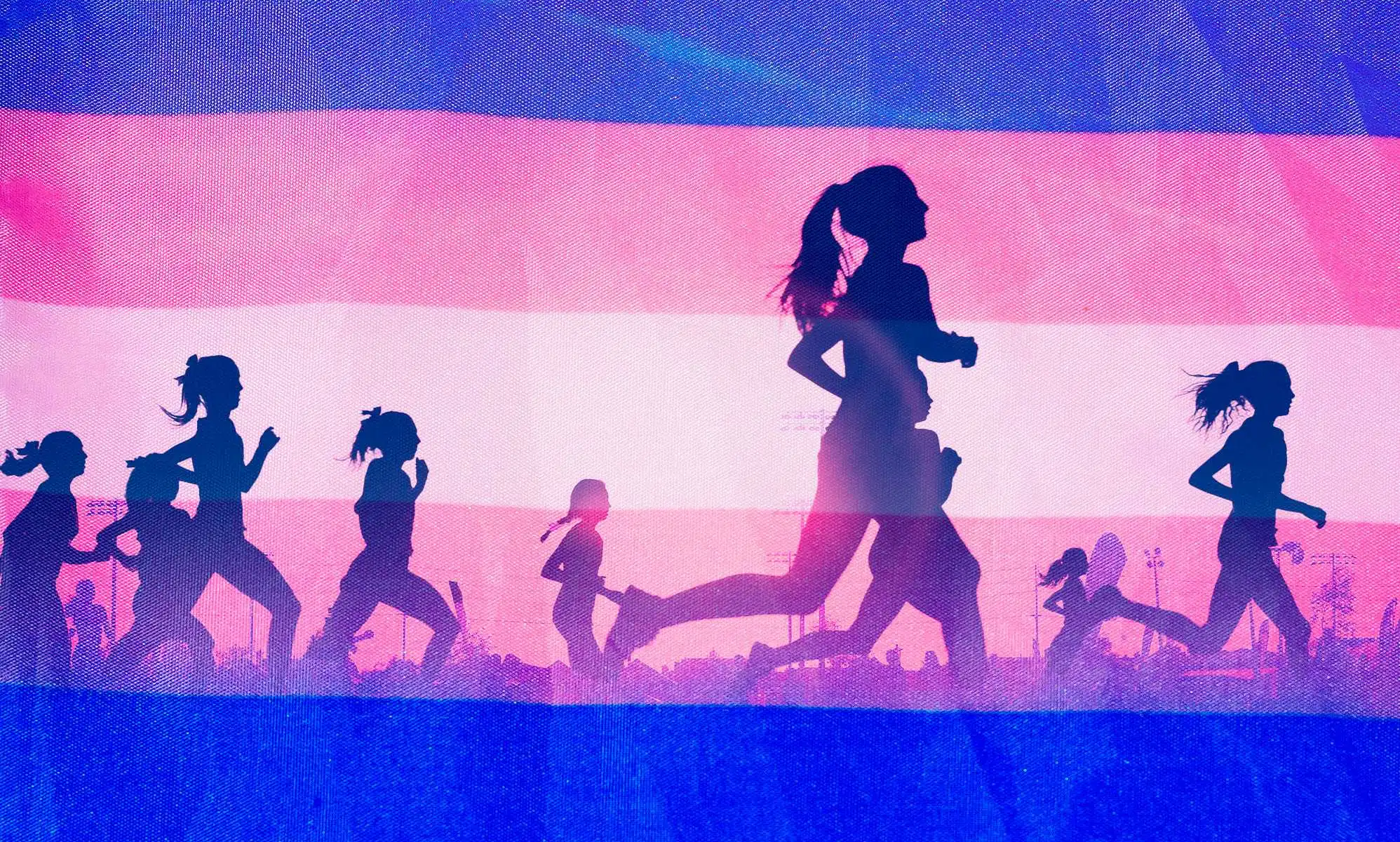Lesbian, gay and bisexual employees more likely to be bullied in workplace, study finds
A study has found LGB employees are 1.34 times more likely to be bullied in the workplace. (Getty)
A new study has discovered lesbian, gay and bisexual employees are more likely to experience workplace bullying than their heterosexual colleagues.
The study focused on exploring how sexual orientation influences the experience of workplace bullying in the UK. The study did not look at gender identity.
In order to achieve accurate results, the study used a sample of the British working population, made up of 500 LGB employees and 722 heterosexuals.
The first-of-its-kind study revealed a similar behavioural pattern of bullying for both groups, but found LGB employees were 1.34 times more likely to be bullied in the workplace.
Not being open about their sexual orientation was also found to elevate the risk of bullying.
The study found 11 per cent of LGB people were subjected to workplace bullying, compared with three per cent of straight employees.
Women also more likely to be bullied
Not only were LGB employees more likely to be bullied, the study notes they were also more likely to be exposed to intrusive, sexualised behaviours and behaviours of an exclusionary nature.
Such behaviours included unwanted jokes or remarks with sexual undertones and unwanted physical contact.
The research suggests LGB people are being over-sexualised, stereotyped and defined in terms of their sexual orientation alone. Due to this some employees think it is more “acceptable” to display sexualised behaviour towards queer people.
However, the study did also find heterosexual employees who were the targets of bulling may also face sexualised behaviour, particularly women.
The study also found that being open about being LGB didn’t make bullying more likely, but did reveal that people who only came out to colleagues after being asked were significantly more likely to be exposed to negative acts than those who do so on their own terms.
‘Not consistently respected by colleagues’
Co-author of the paper, Dr Anna Einarsdóttir of the University of York School for Business and Society, said organisations need to encourage inclusiveness in the workplace.
She said workplaces should also aim to be a place where “privacy is respected for those who may not wish to draw attention to their sexuality”.
“The fact that more than six per cent of employees emerged as targets of severe or regular bullying suggests that prevalent bullying policies in UK organisations are not as effective as intended.
“Moreover, with LGB people seemingly facing bullying at work to a considerably greater extent (11 per cent) than heterosexual employees (three per cent), organisations need to pay specific attention to sexual orientation and the needs of LGB employees.”
Earlier in 2022, a gay Wetherspoons chef accused his co-workers of bullying him. He claimed he was a victim of homophobic taunts and jokes.
The National Society for the Prevention of Cruelty to Children (NSPCC) released harrowing statics this year that showed young people are increasingly seeking advice about anti-LGBTQ+ bullying.






